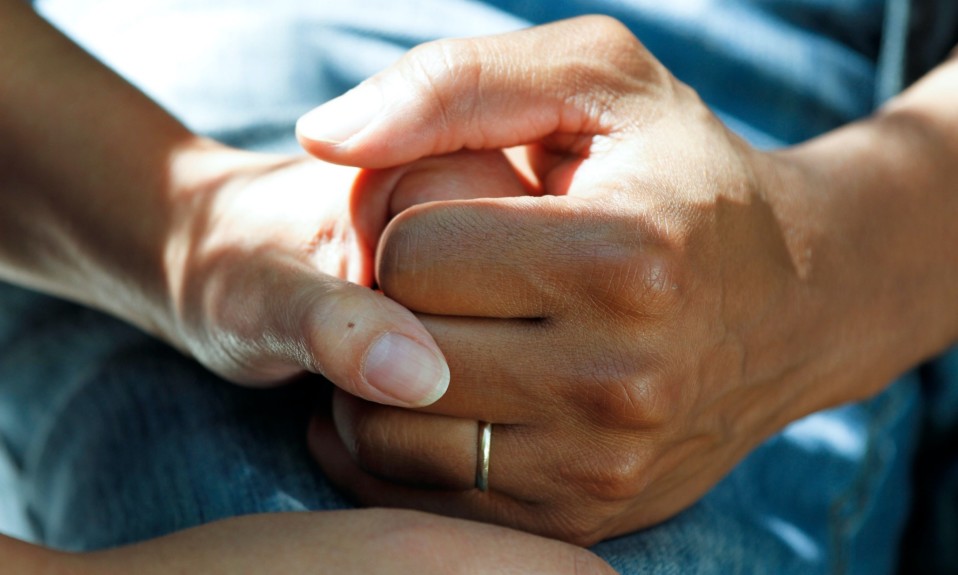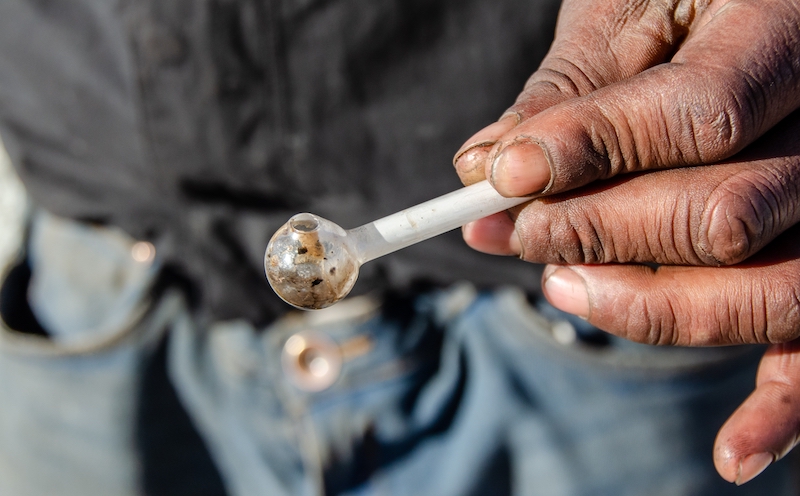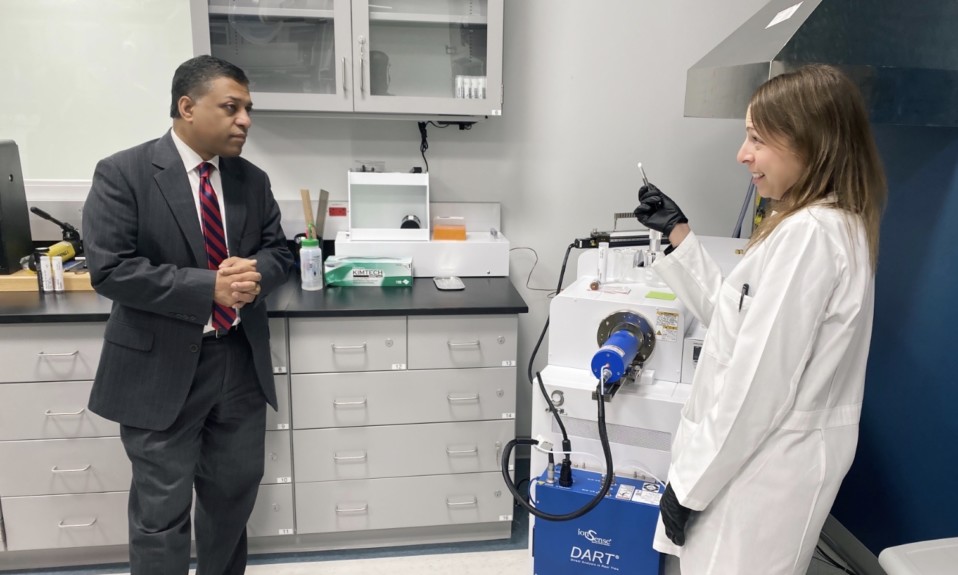The former National Hockey League star talked to TreatmentMagazine.com about taking responsibility for his alcohol use disorder and emerging as a recovery advocate
By Jason Langendorf
Chris Therien played 12 years in the National Hockey League, earning NHL All-Rookie honors in 1994-95, leading the Philadelphia Flyers to the 1997 Stanley Cup Finals and logging more games played than any other defenseman in Flyers history. During his playing career, he found himself battling worsening alcohol use disorder (AUD), before eventually seeking help through Caron Treatment Centers.
Now a recovery advocate for Caron, Therien has written a book titled Road to Redemption, which is scheduled for release on Oct. 25. Also a former Flyers television analyst, he now co-hosts the Snow the Goalie podcast. Therien recently sat down with TreatmentMagazine.com to discuss his addiction, recovery and initiatives to help others in and outside of hockey.
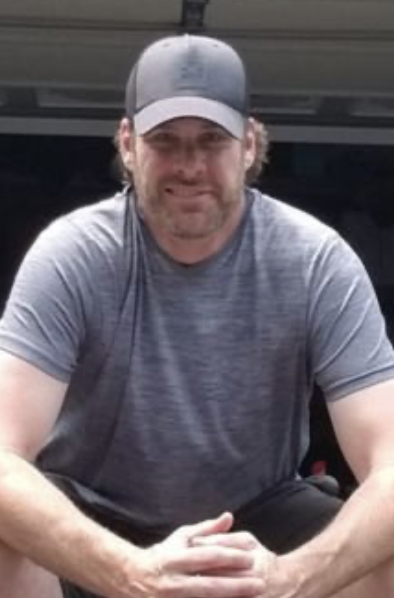
Q. As an NHL veteran, you have talked at length about hockey culture and the heavy drinking around the game. How much of an influence did it have on you?
A. When I came into the league, I was a [light] drinker. You know, when I went to prep school, I drank one time in three years. But [it] ended up going so much farther than that. And I really do think it fell around the culture of being around the team and going home and having a couple of beers afterwards. You go to a men’s locker room, and sitting in the shower after the game, you’ve got 24 beers in a cooler. That’s what I was raised on, and that’s what I’d seen. And it didn’t matter what level, whether you were a college kid, literally playing in a beer league or in the NHL. Believe me, when I say I don’t say like to throw anyone under the bus, I was far from alone. The actions I took when I played in the NHL were very, very normal. The lifestyle I led was the one I kind of dreamt of—a top player on a really good team. I was in love with the lifestyle of that, and I loved everything around it as well. And it was very much a culture of drinking and partying.
Q. When was the moment you got a sense that your drinking was getting away from you or that you had a problem you couldn’t control?
A. For me, it was 2004—the NHL lockout. Actually, I remember the Yankees had just gone up 3-0 against the Red Sox. The game ended late, at, like, 1:00 in the morning. I had a buddy over, and I was drunk as a skunk. Bank account with money, had already played for 10, 11 years in the NHL, I didn’t really know what my future was with the work stoppage. But I remember going to practice the next day, and Keith Primeau—who was the Flyers captain—tried to get some guys to do stuff on their own. I went out at 10:00 on this rainy morning in Medford, N.J., and I remember having withdrawals—I had the shakes so bad that I had to leave the ice.
When I went back to my house, [there was] this Van Gogh Chocolate Vodka. I don’t know why it was in the house; I don’t know who bought it. It was just the first thing I saw in the liquor cabinet, and I remember taking a glass of probably four to six ounces and drinking that. All of a sudden, all those anxieties and withdrawals went away, and that was kind of the beginning of the dog chasing his tail. I realized that’s what I needed to take me back down, to make me feel normal again. That was really the day that I was like, You know what? You’re an alcoholic.
“[The Flyers] had me come back, and I could not manage. My career ended with a concussion, but also with complete alcoholism wrapped around it.”
—Chris Therien
Q. You would eventually check yourself into Caron Treatment Centers, but even at that point, you were still a couple years away from getting treatment.
A. I would say that my alcoholism started around 2000. But I was one of those controlled alcoholics at the time. I didn’t need to drink when I got up—I was still one of those guys. First guy to the track, yelling at other guys—I was a machine. And I don’t say that positively. I was one of those guys where it was like, “Holy shit, how did he party until 2 in the morning, and he’s here at 6 and he’s outworking everybody.” That’s just who I was. I figured if I was gonna party hard, well, I had other things to do as well. I was gonna make sure I kept working. [It was] very much part of that culture, and I abided by those rules.
Q. Did that make it more difficult to recognize or acknowledge the problem?
A. I almost became like my own character. I was a well-liked player, I was a great teammate and I loved the parties. That’s why I was there so long. You don’t play in a town like Philadelphia or for a guy like Bob Clarke if you’re an asshole or you’re a problem in the room. But I had an addiction to alcohol by that point.
The lockout was really the worst thing to happen to any of us, because it gave you more time. I didn’t have to go to the rink in the morning, there were no other commitments and I figured I’d deal with the rest when it came. And sadly, I couldn’t deal with it. We lost a whole year to the lockout, but I still came back, and the Flyers signed me again. They had me come back, and I could not manage. My career ended with a concussion, but also with complete alcoholism wrapped around it.
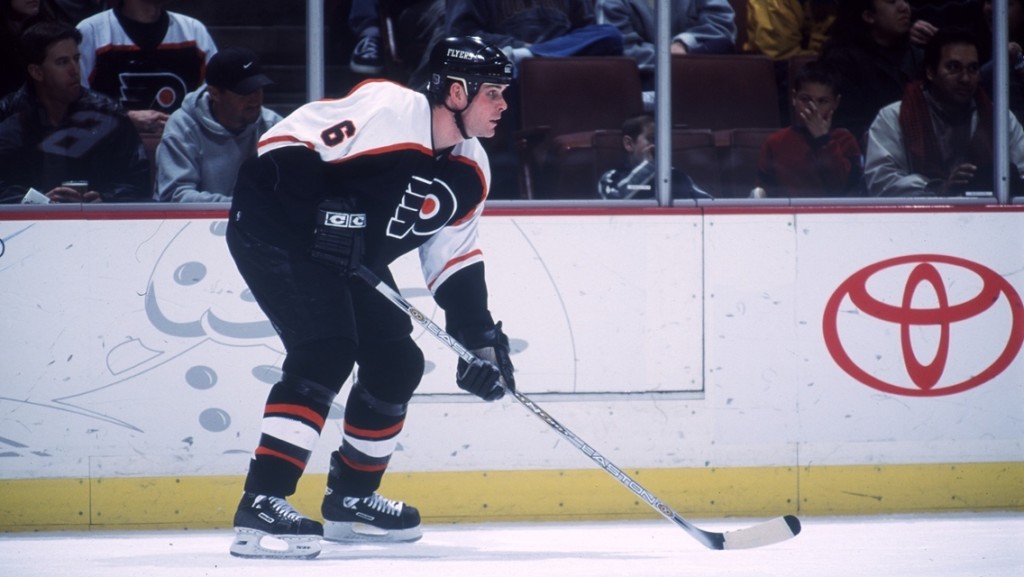
Q. Were others aware at the time, or did the public realization come later?
A. Nobody knew at the time—or nobody would say anything. I had the concussion, but then I just stopped going to the rink. I was miserable, depressed, drunk. I didn’t want to be around anybody. That was January 2006, and that was the last game I played that year. And I went to Caron on July 8, 2006. My life had totally changed at that point. I lost my sister suddenly—my only sibling—so my life was just totally messed up, out of sorts. It was the worst two-month stretch of my life.
Q. You’ve described your sister Sarah Beth as your best friend.
A. Very, very much part of my story. She was the one who used to be really upset that my drinking had gone that far. I told her, “I’m gonna get this.” So part of it for me, spiritually, is being able to look up and kind of give her a little wink in the sky and say, “I did do this.” She wasn’t here to witness it, but I did do it. You know, one day at a time. So far, I’ve got 11 and a half years sober. I had a relapse and I did Caron again, and there’s a whole story behind that, too. But yeah, when I went into Caron, I had already called the league and made a commitment to go, and it was after that when my sister had a cardiac event and died. I had to deal with that.
“It does take a village. Very rarely can anyone do this alone. It does happen, but it’s a lot easier and a lot more fun doing it with others.”
Q. So July 8, 2006. What ultimately prompted you to walk through the doors and get treatment?
I knew I was really sick. I wasn’t eating anymore, I was mentally shot. I had just gotten through Sarah dying. It was two weeks after the funeral, and I came home and I was drinking again. Honestly, I didn’t know what I wanted to do. I had these three little daughters. My wife [Diana] was pregnant again. She really didn’t want anything to do with me. So I got a ride to Caron—I had a friend drive me, with Diana—and I could tell she just wanted me out of the car. She’d had enough, and I don’t blame her. At that point, it was just like, “Let’s just get this guy and put him away.” She looked at that point like she was more excited about the 30-day reprieve from me, but I guess that’s what the beatdown of alcohol and addiction does to families and the people around you.
But I went in there, and part of my story is that I had the highest blood-alcohol level of someone who checked in and survived, like 0.63—and I was talking like I’m talking to you right now. No slurring, not a step sideways. The nurse or assistant got the breathalyzer and looked like she was gonna pass out. I’m looking at her and I go, “Are you alright?” She says, “I’ve never seen anything like this.”
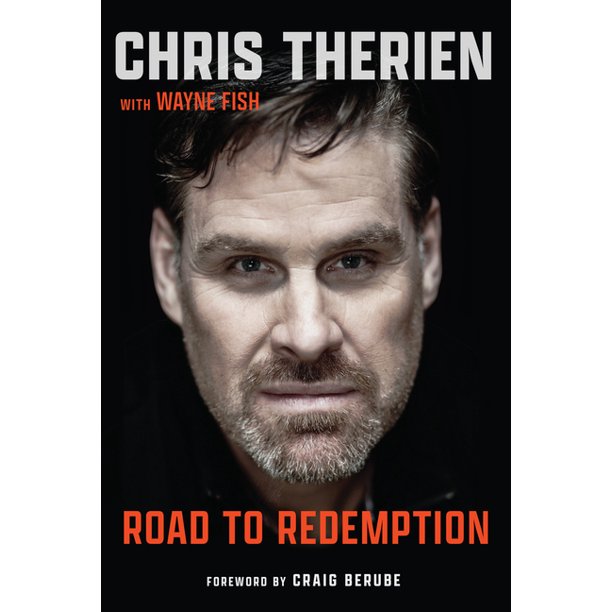
I work at Caron now. I moonlight there, and I do things to try to credit the program and get people to treatment—use the platform, because they’re the best. Ultimately, everything I learned at Caron helped me eventually build my foundation of sobriety. So I’m very grateful to them and very, very humbled by my experience. But two years later, I decided I wanted to give it one more shot, to see if what was real was real, and it didn’t take long to figure out who I was again. It was two and a half, three years before I took all those lessons. I regrouped again and hit meetings, started sobriety and really threw myself into it. I engaged rather than listened. I took action, because I was determined to do it. February 7, 2011, was the last time I ever touched a drink, and one day at a time and by the grace of God, that’s where I’m at today.
Q. For most people, recovery isn’t a straight line. What clicked for you the second time around?
A. That’s a great question. Let me tell you what was different: The level of drinking I was at— I never went back to that again. I wasn’t continually drinking. I might disappear when we had some time off or I didn’t have to be around the rink for four or five days, and then I’d sober up for two or three months. But I was also taking withdrawal medication at my house. Somebody had given me the keys to the car. When they did that, it was like giving me a pass. Like, I’d take those at night and wake up feeling great. But when I didn’t have them—and hiding it, trying to maneuver life around it—I just had it bad. I was like, “I’m tired of this shit.” I really was exhausted. And it was my decision to go back to rehab, because I thought, You can do this.
Q. You said Caron gave you the tools to kind of begin your recovery. How so?
A. When I was [first] at Caron, I wrote a book. I basically wrote down every note I could find or think of while I was there. So when I went back, I went into my notes—which would have been a few years later—and I recognized all this stuff, a lot of the interior pain I was going through and the disruption I was doing my kids. I didn’t physically hurt anybody—I wasn’t one of those violent drunks that would destroy everything. But I cared about what people thought, and I certainly wanted to do right by my kids. I was a shameful alcoholic. I never liked what I was, but I couldn’t stop doing it, because it felt like that was what was keeping me going. I couldn’t get away from that feeling of needing the drink in the morning, and it truly was the dog chasing his tail.
“I’ve immersed myself in the recovery community. It’s super-simple for me: My job is to help people, to talk to people on a daily basis who are struggling with this terrible disease.”
But that was the beginning, all of it starting with Caron. Giving back, working with others starting to talk to people, being more active. A lot of lessons, and I had a great counselor there. All the new ideas I learned the first time at Caron, I was able to pack that in, remember them and then apply them when I got back to it. But it was really that I realized the network of people that you need to do this. It does take a village. Very rarely can anyone do this alone. It does happen, but it’s a lot easier and a lot more fun doing it with others. And Caron is just remarkable in the amount of care they have for the people who are there; I think everybody feels that.
Q. You mentioned the shame involved. How important was it for you to overcome any stigma of addiction and treatment?
A. I think it’s everything. I want people to know it’s okay. And the more I talked about it, the less people say about it, because I started to understand that it’s just part of who I am. I want people to know that when you get treatment, there’s no shame in it. In terms of who you are as a person and the opportunity you have to make a difference in people’s lives—especially our kids’ lives—it’s always a lot easier to talk to them about it, because they get it. I speak openly with my kids to this day about who I was and the things I’m still trying to do. I’ve immersed myself in the recovery community. It’s super-simple for me: My job is to help people, to talk to people on a daily basis who are struggling with this terrible disease—and now mental health as well.
Q. Whether you return to hockey in some capacity, it sounds like helping others with their own recoveries is where you’re going to want to spend a lot of your time.
A. I got a call from the Washington Capitals, and they said, “Hey, we want you to come and speak to our youth about what you went through in the NHL.” It was a Sunday night in July with their rookie campers, and I spoke to those kids for 45 minutes, answered questions, spent time on this stuff. To me, that’s extremely meaningful. I wanted them to have an understanding: “Hey, listen, I was a normal guy, man. I came from very humble beginnings. And I got stuck at the end of my career in a really bad alcohol cycle that I’m going to tell you guys would probably take 10 years to get out of.” I told them about prevention: “Take care of yourselves, enjoy your sport of hockey, but the culture of drinking has changed. Around the league, teams are more vigilant and watchful. Just be careful of your actions.”



